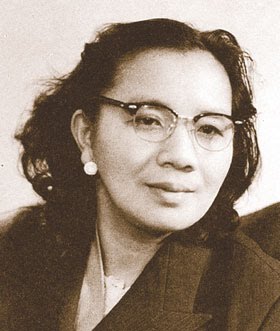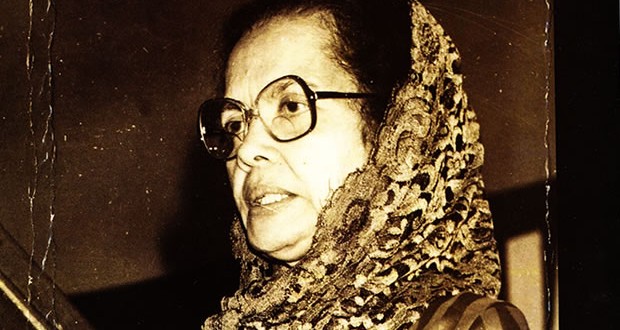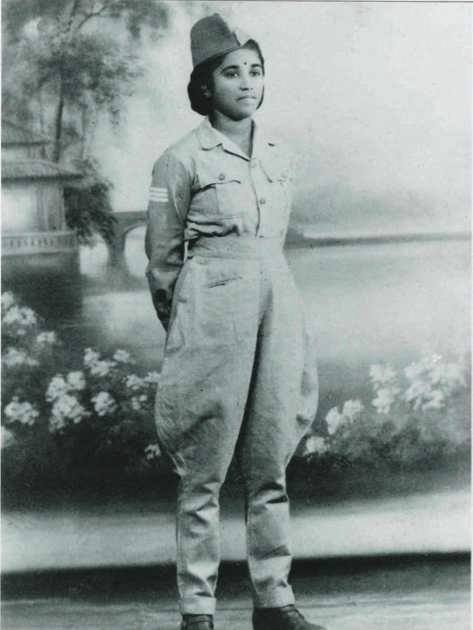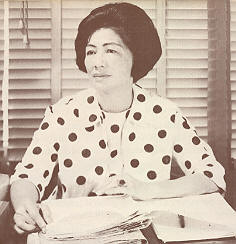Kontik Kamariah, born in Kuala Lumpur in 1911. She grew up in a family that strongly emphasized education, Kontik started her schooling in a Malay school. From an early age, she was active in sports and had the freedom to pursue her interest. Her father later enrolled her in an English-medium school, Methodist Girls’ School in Kampung Attap, Kuala Lumpur, where she studied from the third to the ninth grade.
She achieved Senior Cambridge certification in 1929, a notable accomplishment at the time as she was the first Malay woman to reach this level of education. Between 1929 and 1931, Kontik attended the English Normal Teacher Training Centre at Victoria Institution, Kuala Lumpur, where she was the sole Malay student in her course. Kontik began her professional career in 1932 as a school inspector at the Kampung Baru Malay Girls’ School in Kuala Lumpur. Within six months, she was promoted to Supervisor of Malay schools in Selangor, making her the first Malay woman to hold such a position. This demanding role required her to travel extensively across Selangor to visit various schools. She was known for style and confidence as she travelled to the schools driving an Austin car and later and MG Sports car.
Her presence had a profound effect on the students she met. Aishah Ghani, in her memoir, recounts that during her fourth-grade year at Sekolah Melayu Bukit Raya, the school was visited by a female Inspector named Cik Kontik Kamariah bt. Ahmad. Aishah described Cik Kontik as a modern and intelligent woman in her early twenties. What impressed Aishah the most was seeing Cik Kontik arrive in a red sports car, her fluency in English, and the respect she had from the male school principal. This visit instilled in Aishah the belief that advancement for women requires courage and a solid education. This encounter with Kontik Kamariah left a lasting impression on the young Aishah Ghani and she was inspired to continue her education and to be a modern, empowered, educated woman like Cik Kontik Kamariah.
Kontik Kamariah married Bahadun Haji Hassan who was a Malaysian Ambassador to South Korea. As the ambassador’s wife from 1957 to 1968, she frequently accompanied her husband on his international assignments. The couple had two children together.
Kontik was active in the cooperative movement in Malaya. When teachers found it hard to obtain loans, she help set up the Selangor Co-Op Thrift and Loan Society as a solution She was also President of the Cooperative Union of Malaya and founded the Selangor Malay Officer’s Housing cooperative. In her later years, she ventured into the business world. Tan Sri Datin Paduka Kontik Kamariah passed away in 2006.




